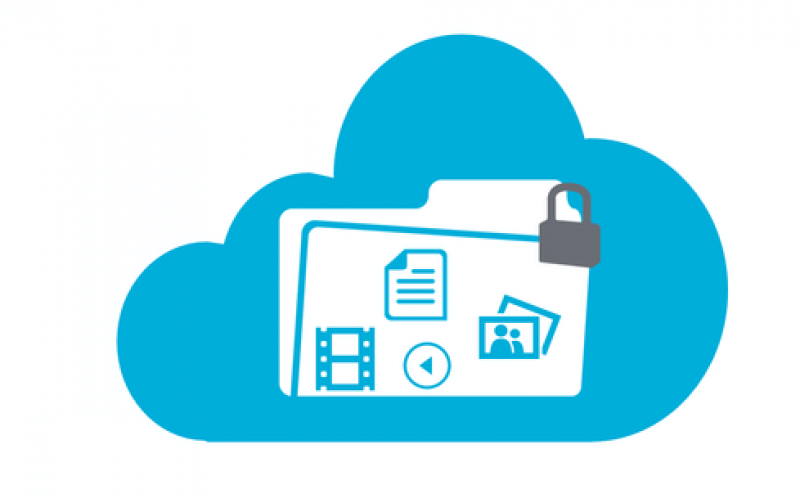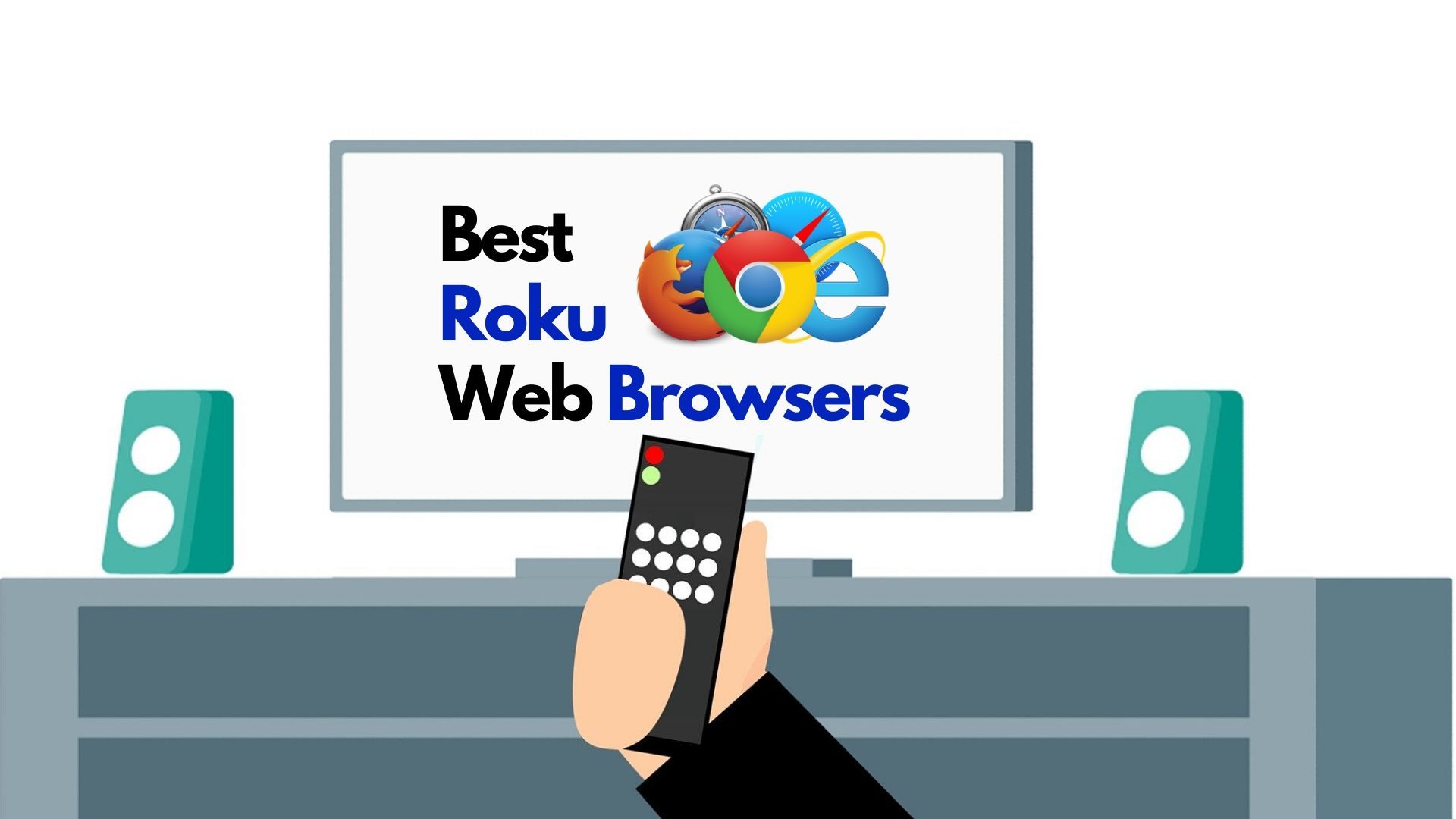Choosing a file hosting service is a significant decision for any business. It’s crucial to choose a reliable, secure, and affordable one that will ensure that your data is secure and accessible when you need it. There are many factors to consider when choosing the best host for your needs – here are ten things to know before making the final decision:

10 Things to Consider When Choosing a File Hosting Service
If cost is not a factor, what would be my best option?
If price isn’t a concern, then there are plenty of things that can make one host more appealing than another – such as customer service response time, uptime guarantees, and whether they offer unlimited bandwidth usage or just limited amounts each month. It’s worth considering these factors before making up your mind on which provider suits you best.
For instance, a company that offers unlimited bandwidth might be more appealing to a video blogger than one that’s limited. The things you need (e.g., hosting for videos) will also dictate the type of file host service and what it has to offer – so make sure you know exactly what you’re after before deciding on just any old provider!
What kind of bandwidth do I require?
Bandwidth is how many megabytes per second is transferred through your account at one time – with higher numbers meaning faster speeds but also higher costs associated with the bandwidth quota being used up quicker.
A lower bandwidth requirement could mean monthly fees will stay low, while an increased amount of traffic would lead to more expensive charges overall. For example, if your company has a lot of video content, you’ll need more bandwidth than if it only had images – so make sure to keep that in mind before locking things down.
- Also Read: – What’s the Difference Between VPS vs Shared Hosting?
What file types are supported by my host?
Some hosts only support certain file types, meaning that you’ll need to make sure the files you want to upload are compatible with your service. This can be easily done by checking out a list of things they allow on their site or contacting customer service.
For instance, if you have specific requirements like apk file hosting or sharing, then look for platforms that offer these things. If there is an issue and it’s brought up early enough, then any potential issues could hopefully be resolved without too much hassle for either party involved.
How much storage space do I need?
This is a big question to think about before making any decisions because this could greatly dictate which service you choose in the end. If your business doesn’t have many things that they are storing, then it might not be necessary for them to get one with more than 100GB of free storage (although exceptions can be made).
On the other hand, if you’re hosting video files or something else like that where there will likely be an increase in data size, then look into paying for more depending on how much extra space you’ll need as well as what pricing plans would best suit your needs overall.
What kind of customer care support do they offer?
Before choosing a file hosting service, make sure to understand how easy it is to connect with their customer care. Do they connect through email, chat, or phone? Is there a FAQ section available to those with quick questions? If customer support is too hard to reach or time-consuming for you and your business needs, then it’s probably not worth choosing that service.
On top of customer care, how do they handle things like files going missing in their system due to things like hacking/server failure? Will they back up all data so if one file does go missing, another copy will remain intact elsewhere on the servers while other hosts won’t have this as an option.
How much does the service cost?
It is important to look at the pricing structure, even if there are things that you may like about the service. How much storage space does a basic plan provide? What is the cost of bandwidth per gigabyte, and how many files can be uploaded at once before additional fees apply?
You can search for the pricing plans as they are different for enterprises, individuals, and sometimes students. Compare these plans to get the best value for your money and to see if a plan suits your needs.
For example, some businesses might be better off paying more for unlimited file storage as opposed to things such as bandwidth or bandwidth limits that affect how much they are able to upload at one time before additional fees apply.
What is the company’s reputation?
A simple google search will provide you an idea of their credibility and reviews from customers about service quality. This can help provide clues on what sort of experience you may have with them too! Look for reviews or testimonials from other businesses in your industry for things like customer service, security, and reliability.
Check for hidden fees
You should always look at the terms and conditions to see what is included with your account. For example, some things that are usually excluded from plans include virtual private servers (VPS) or domain name registration; it’s important to check, so you don’t end up paying more than necessary each month for features you don’t need.
How secure will your files be with the platform?
Does the file hosting service offer SSL encryption? What type of backup does it provide, and how often are those backups taken? You should also understand how they store and typically provide access to your files, so you know how things will work when it comes time to retrieve them.
Does this provider have an uptime guarantee policy in place?
What are the things that could lead to downtime? How often do they have these outages, and how much notice is supplied before an outage occurs? Knowing this is essential as you want to be able to plan for things like this. Besides, it’s much easier to achieve things like backups and file sharing if access is never interrupted.
Conclusion
Choosing the best file hosting service for your needs is crucial – if not properly set up and configured at first, things may get complicated as time goes on. So make sure to take your time and think things through before making a decision.









